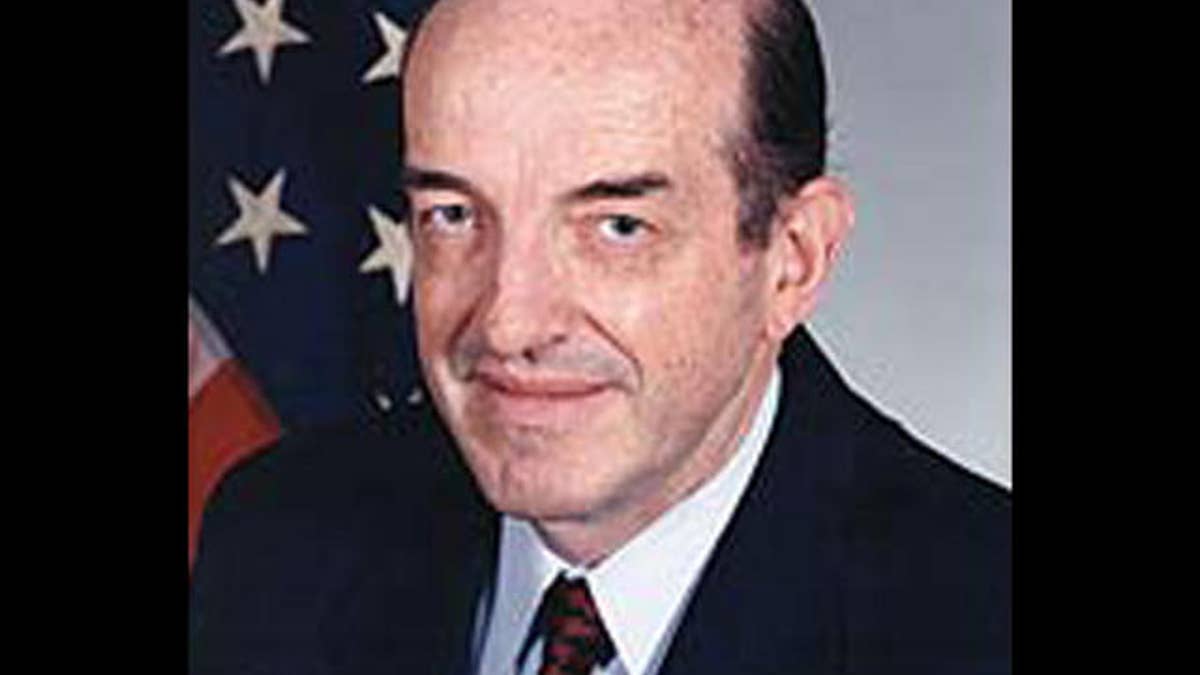
FCC Commissioner Michael Copps reaffirmed his opposition to the Fairness Doctrine after his proposal for new public interest regulations on the media raised questions . (AP)
Federal Communications Commissioner Michael Copps, whose proposal for new public interest regulations on the media raised questions from one key Republican lawmaker on how far he's willing to go, has responded by claiming he doesn't support reinstating the Fairness Doctrine.
In response to a letter from Rep. Joe Barton, R-Texas, Copps cited a speech he made more than a year and a half ago in which he said the Fairness Doctrine, a policy that threatens to strip broadcasters of their licenses if they failed to give free airtime to opposing sides on controversial issues, "is long gone and it's not coming back."
Copps was responding to the lawmaker after Barton expressed concerns over a speech Copps made recently in which he said broadcasters should be bound by a public value test – a measurement used in some European nations to weigh the private vs. public interest of a new broadcast product.
In his speech at Columbia University, Copps outlined a plan for the test every four years that would make the license renewal of broadcasters contingent upon meeting federal criteria such as the delivery of news, diversity, the conducting of community input meetings and local programming requirements.
Barton sent Copps a letter last week asking him whether he believes the FCC should reinstate the Fairness Doctrine, if his public values test is meant to bring back the ascertainment rules and whether he believes the panel's five commissioners can do a better job of ensuring Americans have access to a wide diversity of content and viewpoints than the marketplace.
Copps did not directly answer Barton's question about what his intentions are for a public value test in the U.S. Instead, he said he shares Barton's concerns that "Americans should have access to a wide diversity of content and viewpoints."
"I believe that is why the Communications Act requires radio and television licensees to operate their stations in the 'public interest, convenience and necessity' and why the Commission is charged with responsibilities attending that requirement," he wrote.
He added that large media conglomerates – who he says are not in touch with their viewers and make their money by fees – should "engage in some level of dialogue" with the local communities they serve.
“Some of the larger media conglomerates that are often owned from afar are not so frequently in touch with their viewers and listeners, he wrote. "I do not think it is onerous to expect broadcasters, in exchange for free use of the airwaves, to engage in some level of dialogue with the citizens of a community of license about how issues of interest are being covered.
Barton is unlikely to pursue the matter after he failed in his bid to become chairman of the House Energy and Commerce Committee in the next Congress. But it remains to be seen whether another Republican lawmaker will take up the question of a public value test.




